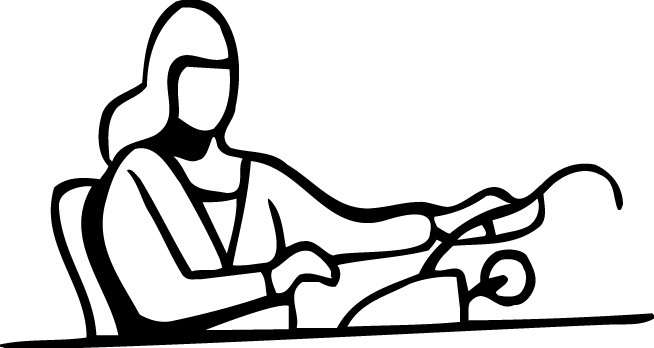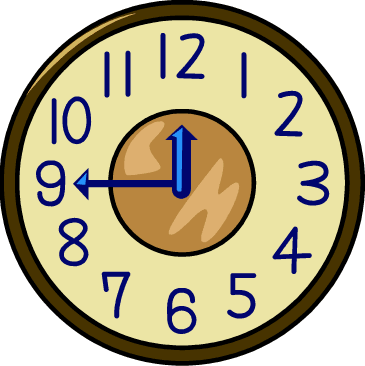ESL Legal Listening
As well as reading and writing, listening is important: this ESL legal listening page will give you experience of doing this. Once you have completed the exercises on this page you will be better able to listen to spoken language in legal situations.

This page has 4 exercise for you to do. In each of them you will need to listen to a recording and then answer questions or do an exercise. The ESL legal vocabulary page has a recording of the pronunciation of the vocabulary items spoken by a native English speaker so you can learn the correct sound before starting the exercises on this page.
The 4 tasks on this page are:
- Identification of spoken word order
- Identify the meaning of a spoken definition
- Listening comprehension
- Dictation
ESL Legal Listening Exercises
Exercise 1 – Identification of Spoken Word Order
The first ESL legal listening exercise has 5 questions with 5 groups of words in each question. You need to listen to the following recording and decide which option (A-D) in each question has the order the same as in the recording. Listen a few times if you need to. When you have finished you can click the get score button to see how you did.
ESL Legal Identification of Spoken Word Order
Listen to the recording of the five groups of five words each given above and decide which option (A-D) in the five questions in this test has the correct order.

Exercise 2 – Identification of Spoken Definition
For the second ESL legal listening exercise the recording has 5 definitions spoken, and in each question you need to decide which option (A-D) has the word that matches the definition. Again you can use the get score button to see the correct answers.
ESL Legal Listening Identification of Vocabulary Meaning
Listen to the recording of the meanings of the five vocabulary words given above and decide which word out of the options (A-D) in each question matches the meaning.
Exercise 3 – Listening Comprehension
The recording in this ESL legal listening task has a passage being read quite slowly. You need to listen to it and understand it before answering the questions that follow. Listen to it a few times if you need to. Then click the get score button to see how many you got correct.
At the end of the page there is a link that you can click to show the text of the passage so you can check your understanding. Only look once you have finished everything.
ESL Legal Listening Comprehension
Listen to the recording of the passage about Legal above and answer the following five questions.
Exercise 4 – Dictation
The final ESL legal listening exercise is a dictation task where you have to write down the recorded passage exactly. The recording has the passage read at a quite a slow speed first, and then again with pauses after every few words and the punctuation spoken. If you need to, you can listen a few times.
Again there is a link at the end of the page for you to click to show the text of the passage so you can check your answer.
Show Passage »
Dictation Passage
Show Passage »
Other Pages Legal that You Might Like
ESL Legal Conversations
ESL Legal Reading
ESL Legal Vocabulary
ESL Legal Writing
ESL 4u home › Listening › Legal


|
|



New! Comments
Have your say about what you just read! Leave me a comment in the box below.